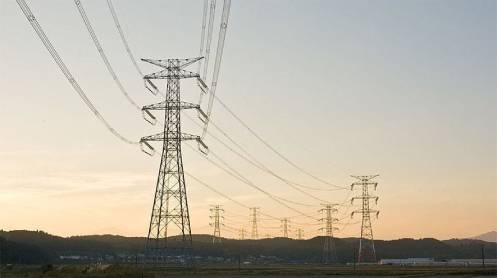ISLAMABAD: The All Pakistan Textile Mills Association (APTMA) has strongly opposed the approval of the Indicative Generation Capacity Expansion Plan (IGCEP) 2025–2035 in its current form, warning that flawed demand forecasts could worsen Pakistan’s power sector crisis and further burden consumers with unaffordable tariffs.
In a letter to the Nepra Registrar, APTMA Secretary General Shahid Sattar criticized the IGCEP’s demand forecasting methodology, describing it as “fundamentally flawed” and “upward-biased by design.” He urged the regulator to commission a dedicated team of international and national economists and statisticians to build a more robust, sector-appropriate model that accounts for substitution, distributed generation, and endogeneity.
APTMA argued that the IGCEP relies on simplistic regression models linking electricity demand to GDP and population growth, while ignoring substitution from captive power, rooftop solar, boilers, and other off-grid sources. This omission, it said, leads to systematic overestimation of grid demand, excessive capacity additions, inflated capacity payments, and stranded assets.
“The econometric flaws are not a minor technicality but a fundamental issue. A biased demand forecast makes the entire planning exercise unreliable, leading to mis-investment, excess costs, and inflated tariffs,” Sattar stated.
Highlighting affordability as the central challenge, APTMA noted that capacity payments have surged from Rs2 per unit a decade ago to Rs17.06 per unit today, consuming over half of consumer tariffs and amounting to more than Rs6 trillion over the past decade. It proposed that no new generation projects be approved unless capacity payments are reduced to below Rs5 per unit.
The Association also warned that national demand remains stagnant — with industrial consumption down 4% and agricultural use plunging by over one-third in FY2025 — yet the IGCEP still projects nearly 20,000 MW in new capacity. This, APTMA cautioned, will deepen the circular debt crisis and drive tariffs to unsustainable levels.
With the Competitive Trading Bilateral Contract Market (CTBCM) now operational, APTMA stressed that large consumers and exporters will increasingly shift to bilateral contracts or self-generation if centralized tariffs remain uncompetitive. Ignoring this trend, it argued, risks creating an oversized, overpriced system with escalating stranded costs.
APTMA recommended that the revised IGCEP should:
Impose a binding ceiling of Rs5 per unit on capacity charges;
Adopt conservative and realistic demand projections;
Fully integrate market reforms, demand-side measures, distributed resources, and provincial initiatives.
“We trust that the Authority will give due consideration to our submissions in the interest of ensuring a more affordable, efficient, and competitive power sector,” Sattar concluded.
Story by Mushtaq Ghumman







